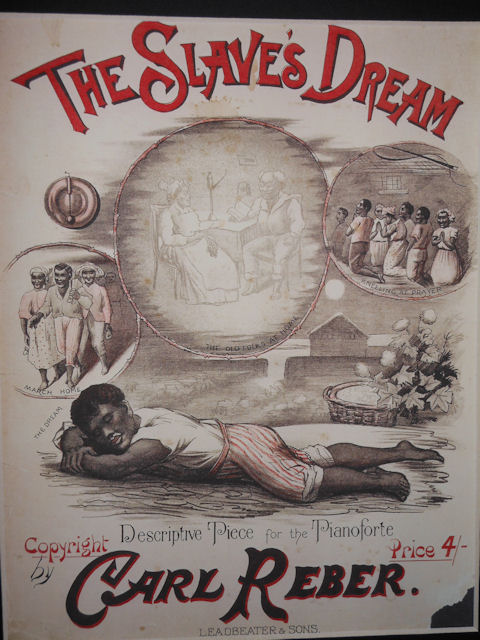The poem If can be viewed as a set of guidelines on how to live and act with integrity and right values such that one becomes the ideal human. Each of the four stanzas deals with different life situations and the best way to act during them. The poem If does not have a conspicuous physical setting. However, after reading the poem one can visualize a scene in which a father is speaking to his son and giving him the most valuable life lesson on how to become a complete man. The token of personal philosophy and wisdom which the father imparts to his son has universal validity. Read below and refer to additional links for If summary-
Setting and Mood of the Poem IF by Rudyard Kipling
Line by Line Summary of IF – Stanza 1
Line by Line Summary of IF – Stanza 2
Line by Line Summary of IF – Stanza 3
IF Summary and Analysis by Rudyard Kipling
Keep your virtue: Keep your good qualities intact
Common touch: Common touch here implies modesty and a down to earth attitude
Men count with you: Men give you respect and regard
Unforgiving minute: If you waste time, it never forgives you.
If you can talk with crowds and keep your virtue,
Or walk with kings – nor lose the common touch,
If neither foes nor loving friends can hurt you,
If all men count with you, but none too much;
If you can fill the unforgiving minute
With sixty seconds’ worth of distance run,
Yours is the Earth and everything that’s in it,
And – which is more – you’ll be a Man, my son!
The final stanza the poet discusses the ideal modus operandi in life after success has been attained. Since these are the poet’s final instructions to his readers, the lines are resplendent with poignancy and are worded in a way which infuses our minds with a rush of inspiration. Kipling says that a great man is someone who fit into all sections of the society seamlessly. He urges his readers to move around with the common masses without letting go of their individuality. Humans tend to go with the flow because of the herd mentality. However, the perfect man is the one who will not follow any rat race or trends blindly and will stand out in spite of being a part of the crowd. Next, the poet warns us about the arrogance that often comes with great success.
He asks us to be wary of the heart numbing effects of success and motivates us to not let go of our compassion or become too proud upon being accepted into the finest rung of the social ladder. What Kipling wants to tell us here is that success is only palatable and meaningful if it is in a nexus with modesty.
The poet further adds that true success can only be attained if one reaches such a point in life that neither friends nor foes can cause hurt in a way that reduces one’s productivity. A perfect human being is someone who is dependanble. However, one must be careful to not make people so dependent upon oneself that they lose their potential to work on their own.
The poet ends the poem with the parting advice that one must become the master of one’s own Time by squeezing maximum productivity out of the smallest unit of Time. He urges his readers to fill an unforgiving minute with “sixty seconds’ worth of distance run”. What Kipling is trying to say here is that Time does not know how to forgive the ones who waste it. Even the smallest unit of Time has no mercy for the ones who do not know how to utilize it. Hence, to get ahead in life, a man must make most of each of the sixty seconds in a minute by filling it with a burst of activity since ever moment counts! Towards the very end of the poem, Kipling assumes a fatherly stance and sincerely says – if one keeps in mind all the axioms of meaningful living imparted by him, the world will be his playground and he will be able to conquer all! However, according to the poet, the real reward of abiding by his guidelines will lie in the perfect man which this choice of lifestyle will turn an individual into.
Poetic Devices: Or walk with kings: Here Kings is an instance of synecdoche. The term Kings has been used here to represent people from higher classes.
Unforgiving Minute: This is an instance of personification. The abstraction minute has been invested with the human attribute of being merciless.
Yours is the Earth and everything that’s in it: This is an instance of hyperbole in which an idea is poetically magnified for the sake of beauty and emphasis. By this sentence what Kipling actually means to say is that a man can achieve his goals his life if he subscribes to the dictums forwarded by him in the poem.
Apart from the poetic devices discussed, there is also the device of antithesis that has been used in abundance in the poem. In antithesis contrasted words or ideas are put together for the sake of emphasis. Lines such as If you can dream – and not make dreams your master, If all men count with you, but none too much are a few more are good examples of antithesis.
Central Idea and Theme of the Poem IF
Keywords: If poem summary, If poem analysis, If poem meaning, If poem explanation
Some online learning platforms provide certifications, while others are designed to simply grow your skills in your personal and professional life. Including Masterclass and Coursera, here are our recommendations for the best online learning platforms you can sign up for today.
The 7 Best Online Learning Platforms of 2022
- Best Overall: Coursera
- Best for Niche Topics: Udemy
- Best for Creative Fields: Skillshare
- Best for Celebrity Lessons: MasterClass
- Best for STEM: EdX
- Best for Career Building: Udacity
- Best for Data Learning: Pluralsight
















